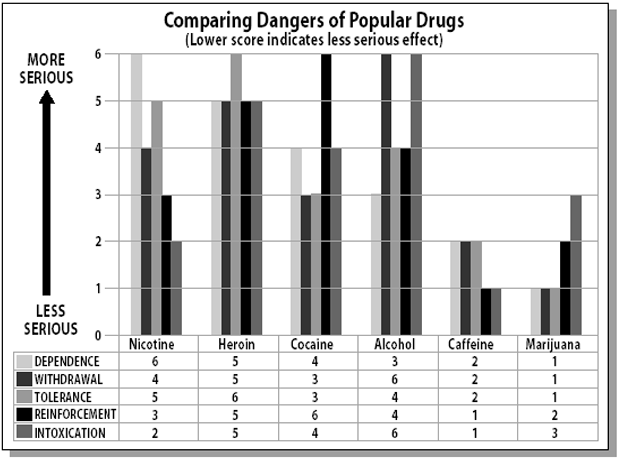To Legalize or Not to Legalize- That is the Question.
- Erin Kay
- May 27, 2017
- 2 min read
As of Canada Day (July 1st) 2018 marijuana will be legal in Canada much to the joy of some and the dismay of others. I, personally, don't have a dog in the fight but, after getting into a discussion with a friend after seeing some teens smoking up in the cemetery where we walk her dogs, I began to realize that like a lot of things there are a lot of misconceptions about marijuana among the general population.
There is a lot of conflicting information and studies with regards to the medical uses and hazards of pot.
It is difficult for labs to get approval to test because it is an illegal substance. However, early studies found that, not only were there no permanent ill effects, but reported that the subjects experienced "happiness, intoxication, and sleepiness."
Decriminalizing marijuana will save law enforcement over $400 million a year. Nearly 75,000 people are arrested for marijuana offenses yearly. Think about it this way, more people are arrested because of pot related offenses than all violent crimes combined. We're also looking at approximately $162 million a year in tax revenue over all of Canada, $60 million from Ontario alone.
The medical cost of marijuana is a fraction of the cost caused by alcohol and cigarettes. Marijuana costs the health care system about $75 million a year, while smoking costs a whopping $17 billion annually. Health risks associated with smoking pot are the same as smoking cigarettes, including bronchitis and heart disease.
The addiction rate of pot is about 9% of users. However, certain strains have a much higher rates. It has been found that new GMO strains, called skunk, that have a high level of THC (the component that gets you high) and a low level of CBD, seem to have higher rate of ill effects and dependency. The rate of dependency is a less than a third of alcohol and less than a fifth that of prescription opioids. However, it's far more important to look at the social and emotional causes of addiction and less on the substance being abused.
There are many who tout the medical and practical uses for pot and hemp products. There are people who use marijuana for pain relief and it can be used to wean addicts off of harsher drugs including heroin. Hemp grows very quickly and can be used to make loads of things, including paper products, bio fuel, biodegradable plastics, and even clothing.
Humans have been using marijuana for thousands of years and it's only been illegal for less than a hundred years. While there is some debate over why it was criminalized, some believe it was racially motivated and not for the protection of the public.
At this point there is no stopping the legalization of marijuana. Several US states have legalised it for medical use or at least have decriminalized it and soon Canada will be all in. We'll just have to wait and see what the social and economic repercussions are going to be. However, Colorado has seen a lot of success after making pot legal in 2012 and the public has been generally accepting of the new regulations.
So, fingers crossed Canada.









Comments